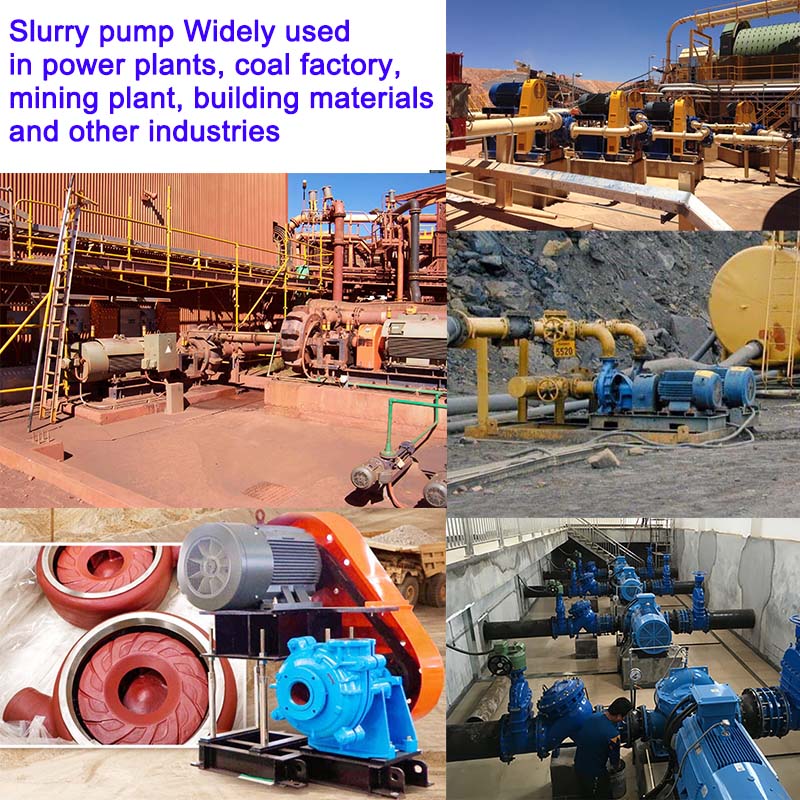Czech
- Afrikaans
- Albanian
- Amharic
- Arabic
- Armenian
- Azerbaijani
- Basque
- Belarusian
- Bengali
- Bosnian
- Bulgarian
- Catalan
- Cebuano
- Corsican
- Croatian
- Czech
- Danish
- Dutch
- English
- Esperanto
- Estonian
- Finnish
- French
- Frisian
- Galician
- Georgian
- German
- Greek
- Gujarati
- Haitian Creole
- hausa
- hawaiian
- Hebrew
- Hindi
- Miao
- Hungarian
- Icelandic
- igbo
- Indonesian
- irish
- Italian
- Japanese
- Javanese
- Kannada
- kazakh
- Khmer
- Rwandese
- Korean
- Kurdish
- Kyrgyz
- Lao
- Latin
- Latvian
- Lithuanian
- Luxembourgish
- Macedonian
- Malgashi
- Malay
- Malayalam
- Maltese
- Maori
- Marathi
- Mongolian
- Myanmar
- Nepali
- Norwegian
- Norwegian
- Occitan
- Pashto
- Persian
- Polish
- Portuguese
- Punjabi
- Romanian
- Russian
- Samoan
- Scottish Gaelic
- Serbian
- Sesotho
- Shona
- Sindhi
- Sinhala
- Slovak
- Slovenian
- Somali
- Spanish
- Sundanese
- Swahili
- Swedish
- Tagalog
- Tajik
- Tamil
- Tatar
- Telugu
- Thai
- Turkish
- Turkmen
- Ukrainian
- Urdu
- Uighur
- Uzbek
- Vietnamese
- Welsh
- Bantu
- Yiddish
- Yoruba
- Zulu
Telephone: +86 13120555503
Email: frank@cypump.com
Srp . 12, 2024 09:06 Back to list
Understanding Residential Sewage Pumps and Their Importance in Home Wastewater Management Solutions
Understanding Residential Sewage Pumps A Guide for Homeowners
When it comes to maintaining a healthy and functional home, one aspect that often goes unnoticed is the sewage system. Sewage pumps play a crucial role in ensuring that wastewater is efficiently removed from homes, particularly in areas where gravity cannot do the job effectively. This article aims to shed light on residential sewage pumps, their importance, types, and considerations for homeowners.
What is a Sewage Pump?
A sewage pump is a type of submersible pump used to transport sewage and wastewater from a home to the main sewer line or septic system. These pumps are essential in homes that are situated below the main sewer line, where gravity drainage is not feasible. By effectively moving waste, sewage pumps help prevent backups and maintain proper sanitation.
Why Do You Need a Sewage Pump?
Homeowners may find themselves in need of a sewage pump for several reasons. The most common scenario is when the plumbing fixtures, such as toilets or sinks, are located in a basement or below the level of the sewer line. In such cases, gravity alone cannot facilitate the flow of wastewater out of the home, necessitating the use of a sewage pump.
Moreover, as homes age, existing sewage systems may struggle to handle growing wastewater needs, particularly for larger families or increased water usage. Investing in a sewage pump can alleviate the burden on these systems, ensuring efficient waste removal and preventing potential plumbing disasters.
Types of Sewage Pumps
There are several types of sewage pumps available on the market, each designed for specific applications. The most common types include
1. Submersible Sewage Pumps These pumps are designed to operate while submerged in the wastewater. They are typically used for residential applications and are effective in moving larger amounts of sewage. Submersible pumps are favored for their ability to prevent odors and minimize noise since they are installed below the water level.
sewage pumps/residential

2. Effluent Pumps While similar to sewage pumps, effluent pumps are intended for applications that involve liquid waste that has been partially treated. They are often used in systems that require liquid to be pumped from a septic tank to a drain field.
3. Combination Pumps Some pumps are designed to handle both sewage and effluent, providing flexibility for homeowners who may require different types of pumping capabilities.
Key Considerations
When selecting a sewage pump for your home, several factors should be considered
- Horsepower Depending on the volume of sewage you need to pump, the horsepower of the pump will vary. It is essential to choose a pump that can handle your household's specific needs.
- Switch Type Sewage pumps typically operate with float switches that activate the pump when the wastewater level rises to a certain point. Consider whether you prefer a tethered float switch or a vertical float switch, as each type has its benefits.
- Durability Sewage pumps are subject to harsh conditions. Look for pumps made of high-quality materials designed to withstand wear and tear over time.
- Installation Consider whether you will hire a professional for installation or if you feel comfortable installing it yourself. Some pumps may require more complex installation than others.
Conclusion
In conclusion, residential sewage pumps are a critical component of a home's plumbing system, particularly in situations where gravity drainage isn't viable. Understanding the various types of sewage pumps available, their importance, and the factors to consider when selecting one can empower homeowners to make informed decisions. By ensuring that your sewage pump is appropriately installed and maintained, you can safeguard your home against sewage backups and environmental hazards, thereby promoting a safer and healthier living environment.
-
ISG Series Vertical Pipeline Pump - Chi Yuan Pumps Co., LTD.|High Efficiency, Energy Saving, Low Noise
NewsJul.30,2025
-
ISG Series Vertical Pipeline Pump- Chi Yuan Pumps|High Efficiency&Low Noise
NewsJul.30,2025
-
ISG Series Vertical Pipeline Pump-Chi Yuan Pumps Co., LTD.|High Efficiency&Energy Conservation
NewsJul.30,2025
-
ISG Series Vertical Pipeline Pump - Chi Yuan Pumps Co., LTD.|Advanced Hydraulic Design&Energy-Efficient Solutions
NewsJul.30,2025
-
ISG Series Vertical Pipeline Pump - Chi Yuan Pumps Co., LTD.
NewsJul.30,2025
-
ISG Series Vertical Pipeline Pump - Chi Yuan Pumps Co., LTD.|energy-efficient fluid handling&industrial durability
NewsJul.30,2025










